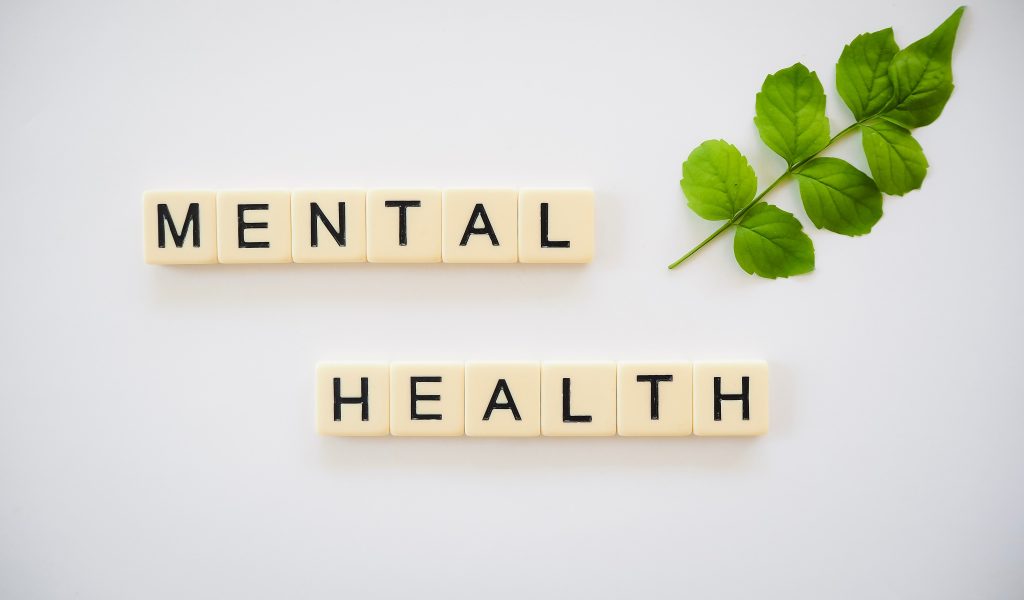In many parts of the world, mental health’s awareness is lacking. Even the people aged group 10 is seen to have suffered from mental health problems like anxiety and depression.Not only that, many people all around the globe die by doing suicide as they suffer from depression. Why is nobody spreading awareness related to this subject matter which is the most essential thing in all the people’s life. What can be the reason behind it?
First of all, we have to know what is mental health.
The state of mental well-being that enables people to cope with the stresses of life, realize their abilities, learn well and work well, and contribute to their community. It is a state where the brain is in a good and healthy state and free of problems and unwanted stress.
Is mental health a disorder?
Mental health is more than the absence of mental disorders. It exists on a complex continuum, which is experienced differently from one person to the next, with varying degrees of difficulty and distress and potentially very different social and clinical outcomes. Then people can suffer from anxiety or depression.
Anxiety.
Anxiety is a feeling of unease, such as worry or fear, that can be mild or severe. Everyone has feelings of anxiety at some point in their life. For example, you may feel worried and anxious about sitting an exam, or having a medical test or job interview. It is something that comes when we are nervous or anxious about something. Then if we take a lot of load and can’t take our mind off of things and be sad or anxious 24 hours then, it can even turn into depression.
The signs of Anxiety are given below:
- feeling restless or on edge.
- being irritable.
- getting tired easily.
- having difficulty concentrating or feeling your mind goes blank.
- having difficulty getting to sleep or staying asleep.
- having tense muscles.
Depression.
Depressive disorder (also known as depression) is a common mental disorder. It involves a depressed mood or loss of pleasure or interest in activities for long periods of time.
Depression is different from regular mood changes and feelings about everyday life. It can affect all aspects of life, including relationships with family, friends and community. It can result from or lead to problems at school and at work.
- Family history. Though there are no specific genes that we can look at and trace to depression, if your family members have had depression, you are more likely also to experience depression. …
- Illness and health issues. …
- Medication, drugs, and alcohol. …
- Personality.
What happens in if we have anxiety or depression?
Well, There can be a lot of reasons on why people suffer from anxiety or depression. Like, if we take much more stress than the required amount then we may suffer from anxiety. Experiencing traumatic or stressful events, such as physical or sexual abuse, the death of a loved one, or financial problems. Going through a major life change‚ even if it was planned. Having a medical problem, such as cancer, stroke, or chronic pain, overthinking, family problems, abusive relationships and tramatizing events in the past.
Early Warning Signs & Symptoms
Not sure if you or someone you know is living with mental health problems? Experiencing one or more of the following feelings or behaviors can be an early warning sign of a problem:
- Eating or sleeping too much or too little
- Pulling away from people and usual activities
- Having low or no energy
- Feeling numb or like nothing matters
- Having unexplained aches and pains
- Feeling helpless or hopeless
- Smoking, drinking, or using drugs more than usual
- Feeling unusually confused, forgetful, on edge, angry, upset, worried, or scared
- Yelling or fighting with family and friends
- Experiencing severe mood swings that cause problems in relationships
- Having persistent thoughts and memories you can’t get out of your head
- Hearing voices or believing things that are not true
- Thinking of harming yourself or others
- Inability to perform daily tasks like taking care of your kids or getting to work or school
Today, there are new tools, evidence-based treatments, and social support systems that help people feel better and pursue their goals. Some of these tips, tools and strategies include:
- Stick to a treatment plan. Even if you feel better, don’t stop going to therapy or taking medication without a doctor’s guidance. Work with a doctor to safely adjust doses or medication if needed to continue a treatment plan.
- Keep your primary care physician updated. Primary care physicians are an important part of long-term management, even if you also see a psychiatrist.
- Learn about the condition. Being educated can help you stick to your treatment plan. Education can also help your loved ones be more supportive and compassionate.
- Practice good self-care. Control stress with activities such as meditation or tai-chi; eat healthy and exercise; and get enough sleep.
- Reach out to family and friends. Maintaining relationships with others is important. In times of crisis or rough spells, reach out to them for support and help.
- Develop coping skills. Establishing healthy coping skills can help people deal with stress easier.
- Get enough sleep. Good sleep improves your brain performance, mood and overall health. Consistently poor sleep is associated with anxiety, depression, and other mental health conditions.
So, chill, relax, don’t overthink and remember what is meant for you will find you so you don’t have to worry about anything and let your body as well as your brain relax.

